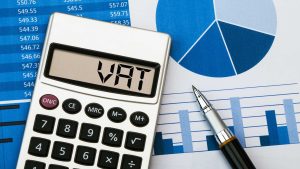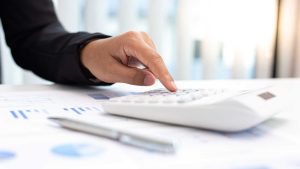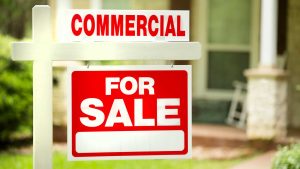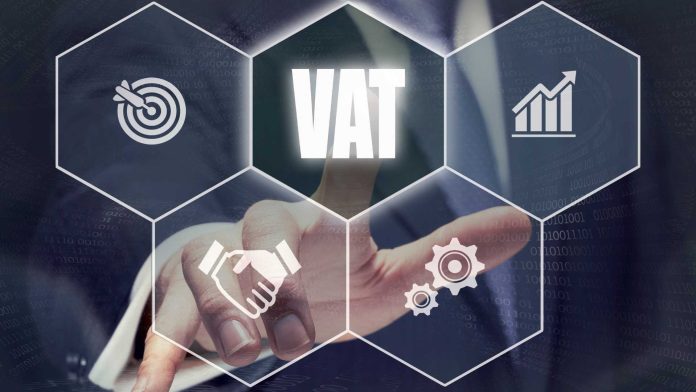Table of Contents
The Value Added Tax (VAT) is one of the most significant sources of government revenue worldwide. There are several considerations when dealing with VAT on commercial property.
Most business owners know that their company will be exempt from VAT on the sale but only sometimes understand why. The Property Accounts discuss the most crucial VAT considerations when leasing or acquiring commercial real estate.
How VAT Works on Commercial Properties?

Accountants High Wycombe are professional in this field and can assist companies in understanding how VAT works and how to calculate it correctly. VAT can be complicated for High Wycombe companies to comprehend. Moreover, they may advise companies on how to complete VAT returns correctly, ensuring that they pay the right amount of tax on time.
VAT Exemptions

Commercial real estate is generally exempt from VAT when it is leased or sold. Renters or buyers are generally exempt from paying VAT if they lease or purchase commercial real estate. This is usually favourable. However, landlords or sellers cannot recover VAT on any associated expenses, which may be substantial, when they provide an exempt supply of a property.
Tax Business Property

Commercial real estate owners can charge 20% VAT (currently the standard rate). A landlord or seller who elects to tax real estate must usually collect VAT on all property-related supplies, including rents and sales. However, landlords can recoup any VAT levied on the property.
A tax may be beneficial in certain circumstances, such as when significant home renovations are required.
However, it is inappropriate (and often impractical) for some firms to choose taxation; many firms can’t afford to recoup VAT on the expenditures they incur. Most of these enterprises are in healthcare and nonprofit organisations. It would help to analyze the market segment of potential renters or buyers before making a choice.
You must notify HMRC in writing if you intend to tax. This decision is often irreversible, so you must make the right decision for the long term.
Business Transfer

Taxing a property with an existing lease or tenants in place often results in a transfer of going concerned (TOGC). If the potential owner permits tenants to continue renting the property, the money transfer is considered a TOGC, and no VAT is levied on the purchase price, subject to certain conditions. In these circumstances, it becomes a compelling alternative.
Accountants High Wycombe has the experience and knowledge to guide you through the challenges of transferring a going concern. Additionally, they can help you understand how changes in the law may affect your finances so that you can make informed property investment decisions.
For the Sale of Commercial Properties

Finally, 20% VAT will be imposed on “new” commercial real estate sales. Purchasers of buy-to-let properties are much more likely to choose an opt-to-tax option, which allows them to reclaim the VAT levied on them. If they are opt-in, they will be obligated to charge VAT on future leases and sales of the property unless it is TOGC.
Increasing property prices and fines for noncompliance can make VAT errors expensive. Property Accounts can provide accurate and trustworthy advice from the outset to help you avoid VAT errors.


